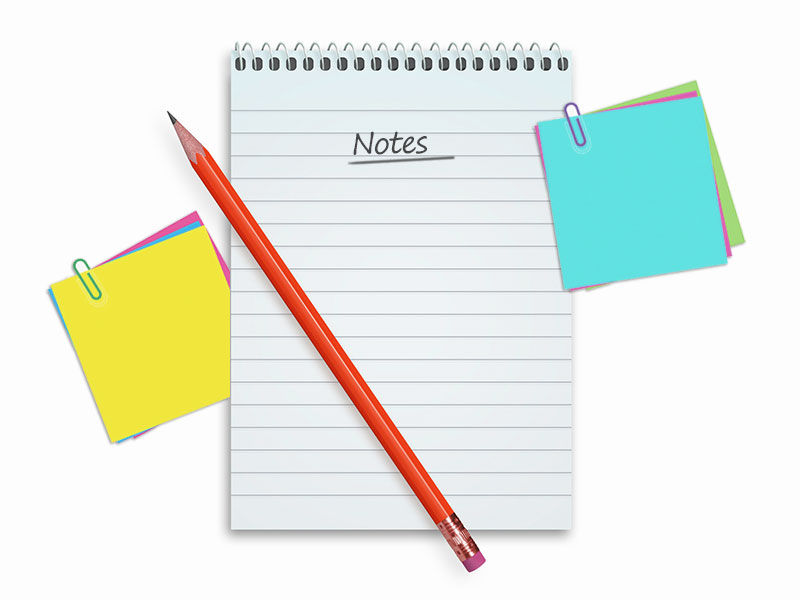5 Effective Note Taking Strategies for Outstanding Essay Writing
October 7, 2016| Category: Writing Tips
Have you ever been thinking what’s the shortest time possible for a well-structured essay to be written? How to use the time devoted to essay writing effectively? How to structure your thoughts and all researched information or facts to write a coherent paper?
Effective note taking may turn out to be an essential skill one must acquire. Such practice of putting down the essence of information taken from another source will free your mind from the need to recall the facts repeatedly. Having some good notes at hand will definitely save you a few hours and ease the whole process of essay writing. Want to know how?
- You will have a clear vision of the amount of already researched information.
- Similar bits of information or facts will be properly organized.
- The sources you’ve already used will be easily tracked to avoid plagiarism and repetition.
- Even brief notes will help you to have a proper structure of your future paper. You won’t have to rewrite your paper deleting some irrelevant information.
A 2014 survey disclosed that 91% of college students prefer taking notes by hand. What is more, studies have revealed that students who take their own notes, do better on tests as compared to those who puts everything down verbatim. There’s absolutely no doubt that handwritten notes can help understand the material much better. One can summarize the information, easily arrange or rearrange it, and come up with an outline.
Probably most people make notes intuitively; however, it’s actually a skill that can be learned or improved. Once acquired, it will stay with you for life. Here are 5 effective note taking strategies for creating neat notes, and thus well-written and organized papers.
- Keep it relevant. Be sure to take only those notes that are relevant to your question, topic, and a general idea of your paper. Always keep your argument in mind.
- Use your own words. Creating a distance between you and the page you’re reading is one of the most effective ways to avoid plagiarism. If you want to quote some source, put down the full reference accurately. This will save a great deal of time when creating a reference list.
- Use different sources. Compare and contrast ideas from various sources. In such a way, you will get an in-depth analysis of the topic along with a thoroughly researched paper. Pay special attention to the arguments, evidence, some key terms and examples. As you take such notes, do not forget to include page numbers so that you could easily refer back to them a bit later.
- Use the requested citation style. Record the source in the citation format requested by your professor to save yourself even more time. In this case, you won’t have to hunt for some source right before the submission of the paper.
- Make it short. It’s not the best time to write complex sentences. Instead, short phrases will help you to refresh your memory or reflect a fact. You can also use bullet points, numbering , or anything else that will help you to cut a long story short.
Taking notes can turn out to be a very useful thing when writing a well-structured essay. At the very least, it will help you to free your mind from loads of information. When you’re assigned with another task, start the process of essay writing with taking notes, and you’ll have the biggest part of research and the whole job done. Such a pleasant and valuable addition to your future paper! Perform better with fewer efforts!
